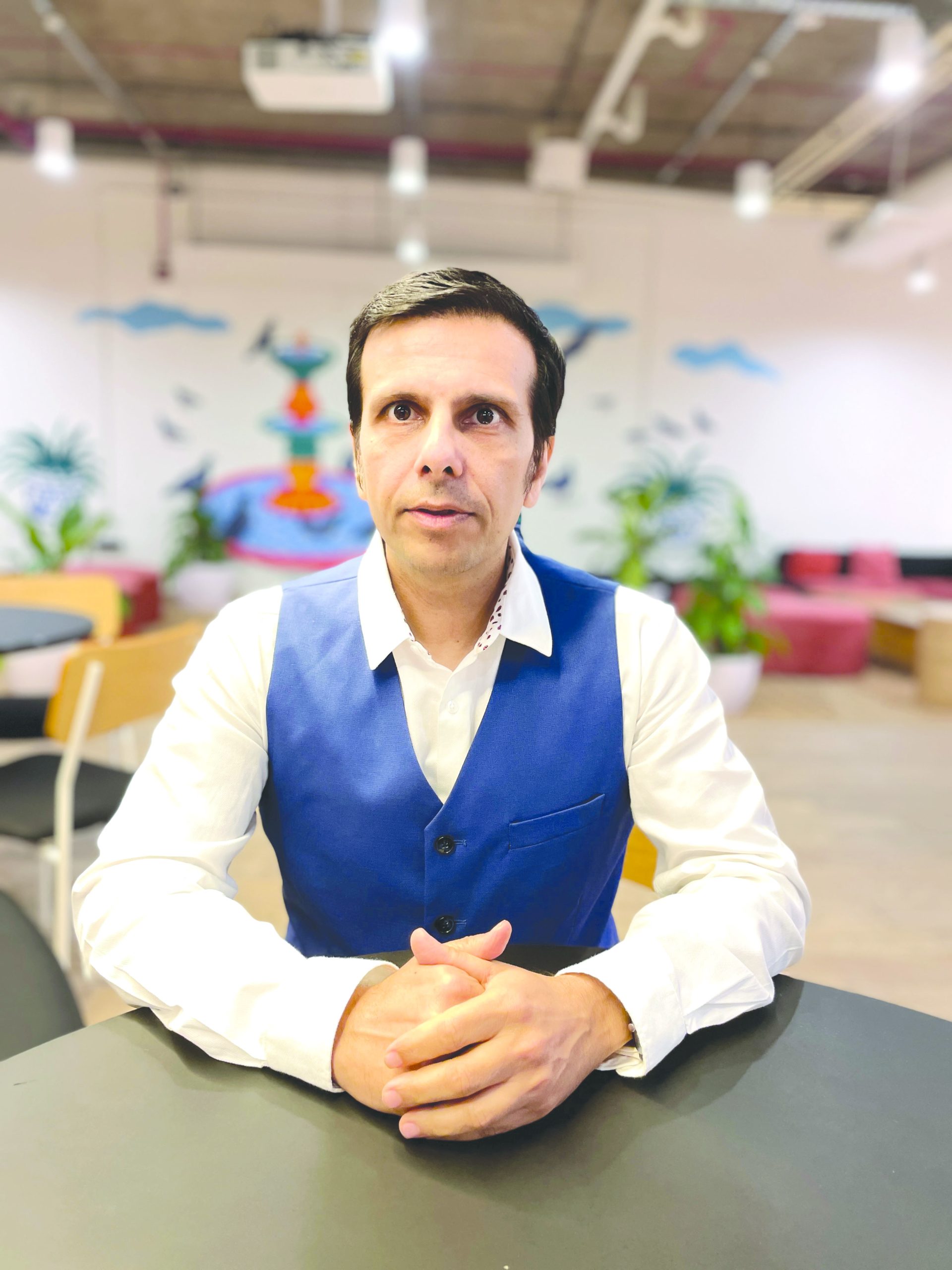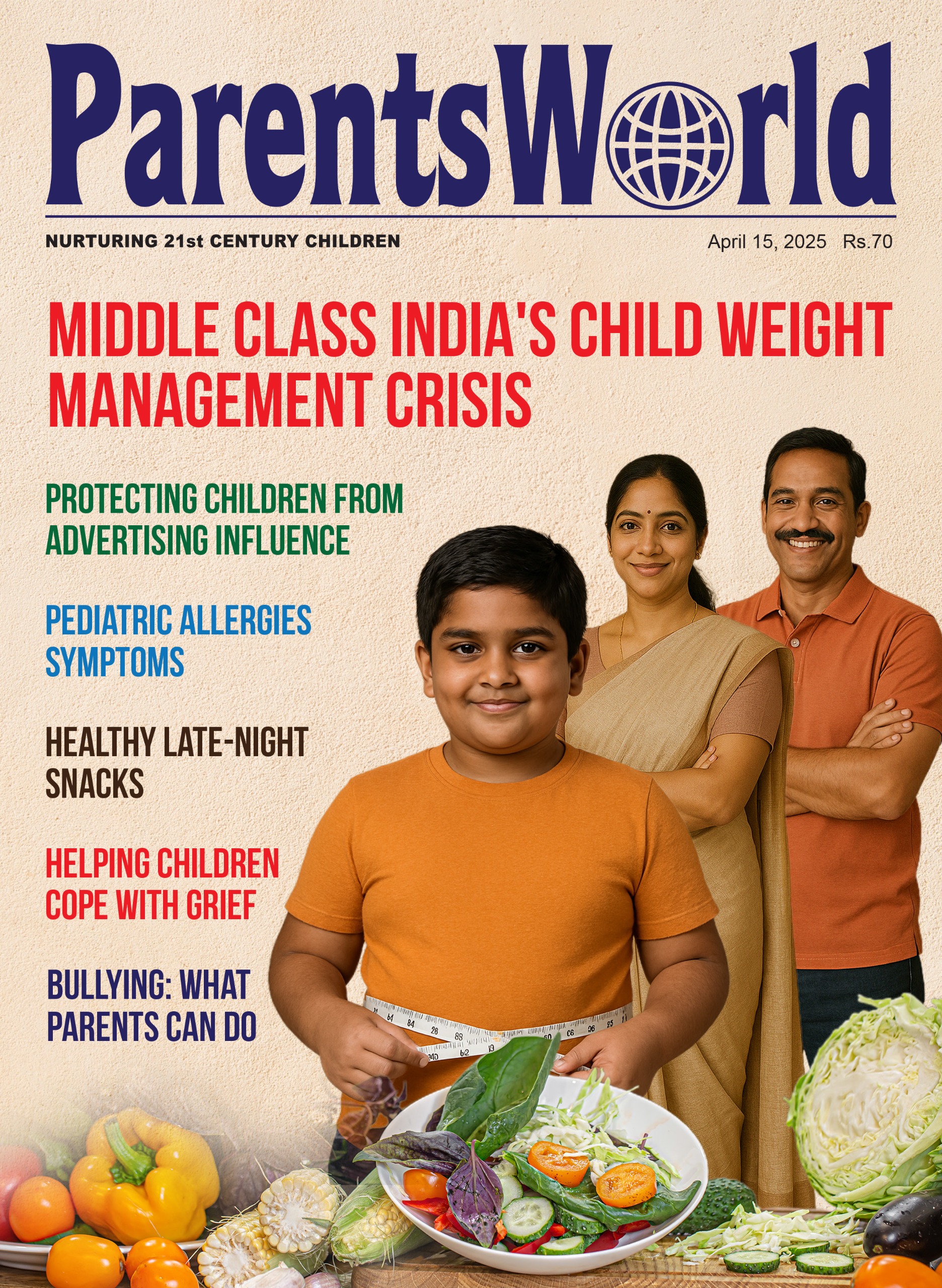
Over the past quinquennium, parental burnout has become a major concern with an increasing number of parents struggling to cope with family and societal pressures, umpteen challenges of modern life and parental duties
For most parents, parenting is a big to-do list that never ends. Between juggling office, home, school routines, meal plans and children’s play, parents have little or no time for themselves.
Most are so over-invested in their children’s well-being that they often ignore their own physical and emotional health.
But parents, please note your emotional state directly affects your children. If you’re emotionally drained and exhausted, the negative energy will manifest in your parenting. Children sense it when parents constantly worry about their schoolwork and marks, or express nervousness. Being “always on” doesn’t make you a better parent; it burns you out.
During the past quinquennium, parental burnout has become a major problem with an increasing number of parents struggling to cope with family and societal pressures, umpteen challenges of modern life and parenting duties. Typical burnout symptoms include exhaustion, fatigue, exasperation and emotional distancing from children. Several studies have concluded that parental burnout adversely affects parenting obligations and capability. Highly-stressed parents tend to pass their anxiety, frustration and exhaustion onto children.
 Burnout signs
Burnout signs
If you suspect you’re experiencing parental burnout, ask yourself these questions to assess your condition:
Exhaustion
- Do you wake up feeling as tired as when you went to bed?
- Do you find routine parenting tasks (e.g, helping with homework) overwhelming?
- Do you feel you are pushing through exhaustion, telling yourself you’ll rest later?
- Do you feel mentally foggy, forgetful, and struggle to focus on conversation?
If you answered ‘Yes’ to these questions, you are experiencing physical and mental exhaustion.
Cynicism
- Do you feel emotionally distant from your child, even when spending time together?
- Do you often lose patience and react with frustration?
- Do you regard parenting tasks as more of a burden than a bonding opportunity?
- Do you think negatively, such as “I just need to get through this day” instead of enjoying moments with your child?
‘Yes’ and you are experiencing emotional detachment and loss of parenting joy.
Ineffectiveness
- Do you often feel that no matter how much you do, it’s never enough?
- Do you constantly worry about whether you are failing as a parent?
- Do you compare yourself to other parents and believe you’re falling short?
- Do you feel disconnected from your parenting instincts and doubt your decisions?
‘Yes’ to these questions and you are struggling with parental self-doubt and burnout-related guilt.
Burnout causation
Parental burnout depletes physical, mental and emotional energy. Physical energy depletion results in sleep loss due to hectic schedules, skipping meals and/or relying on quick, unhealthy food, and ignoring hydration and self-care.
Mental energy is depleted when parents overthink their children’s future, constantly solving problems such as homework, schedules, tantrums, and worrying about money, marks, etc.
Emotional energy is depleted because of constant societal pressure to become the perfect parent, and you experience guilt for not spending enough time with children, and negative self-talk (“Am I doing this right?”).
Coping strategies
Parents need to be sensitive to warning signals and adopt coping strategies, starting with slow-down and self-care, to rediscover the enjoyment of raising healthy, cheerful children. Here’s a PNR (Pause, Notice, Reframe) ticket to self-care parenting.
Pause – Step back before snapping
- Start your morning with the question: What kind of parent do I want to be today?
- Take a deep breath before transitioning from work to home mode and make efforts to leave work stress in the office when at home.
- Pause before reacting to your child’s misbehavior. If emotions rise, count to 10 before responding.
- Take micro-breaks during the day — stand up, stretch, drink water, or step out for fresh air.
- Transition from “parent mode” to self-care mode, even if it’s just for five minutes of deep breathing exercise.
- Reflect on the day before going to bed: What went well? What can I change tomorrow?
- Normalize taking breaks. Parenting isn’t a 24×7 job. ‘Me Time’ is non-negotiable.
 NOTICE – Build noting muscle
NOTICE – Build noting muscle
Remain alert to potential conflicts with your child and recognize the most common triggers that spark a negative reaction. Common triggers include:
- Defiance — Your child is not listening again!
- Disappointment — School results do not meet your expectation.
- Guilt — Suspicion that you aren’t spending enough time with your child.
- Disrespect — Your child speaks rudely or challenges authority.
- Conflict — Arguments and competitiveness between siblings.
- Frustration — Mess everywhere, even after cleaning.
- Control — Struggles with digital screen-time limits.
- Tiredness — Your child refusing to sleep, delaying your rest.
- Undue pressure — Last-minute surprises: “I have a school project due tomorrow!”
- Pain — Hearing hurtful words like “I hate you” or “You’re so mean”
- Comparison — Your child compares you with other ideal parents
Identify the top two-three triggers that push your buttons the most. Anticipating them helps you prepare ahead of time, reducing stress and preventing knee-jerk reactions. Moreover, ‘notice’, identify and acknowledge negative emotions.
Reframe – Change your perspective and response.
Reframing helps you shift from reaction to intention. Children’s misbehavior is often a cry for connection, not defiance. Reframe by using PNR, i.e:
- Pause. Take a deep breath before responding.
- Notice. Ask yourself: Am I reacting to this moment, or am I carrying stress from my day?
- Reframe. Instead of assuming defiance, consider that children may be distracted or overwhelmed. Ask: “Hey something is troubling you. What’s on your mind?”
By building Parenting Emotional Intelligence (PEQ) and practicing self-care, parents can create a healthier, happier home environment to nurture cheerful and confident children.
(Rahul Shah is a Mumbai-based teen success coach and psychologist)






















